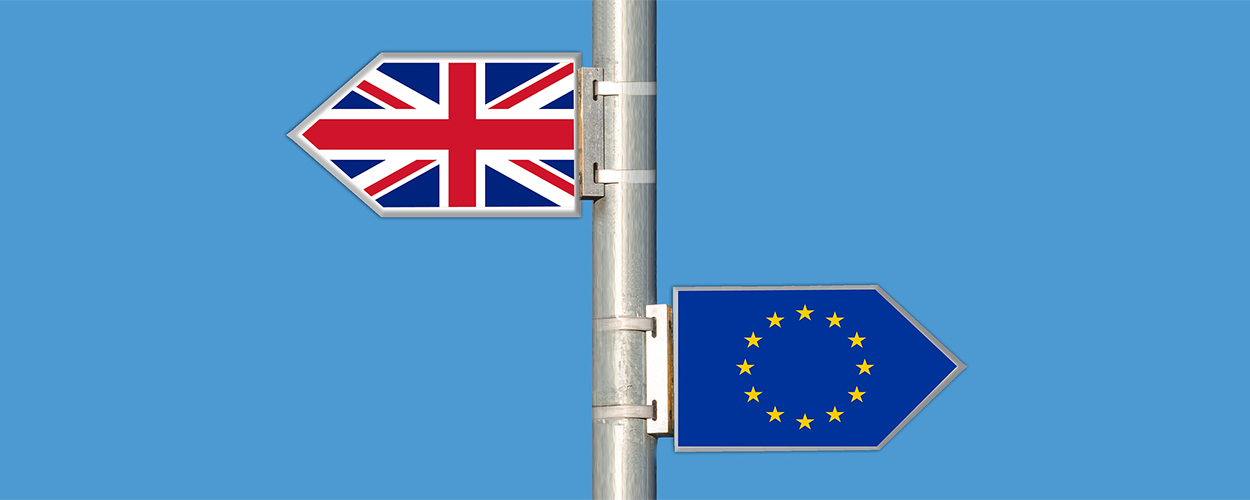This website uses cookies so that we can provide you with the best user experience possible. Cookie information is stored in your browser and performs functions such as recognising you when you return to our website and helping our team to understand which sections of the website you find most interesting and useful.
CMU Digest
CMU Digest 29.03.21: Brexit, COVID, IFPI, IMPALA, economics of streaming
By Chris Cooke | Published on Monday 29 March 2021

The key stories from the last week in the music business…
UK Prime Minister ‘Boris’ Johnson said that his government was working “flat out” to tackle the issues facing musicians touring Europe post-Brexit, insisting he was “passionate” about finding a solution. His comments followed increased concern in the music industry that ministers, although acknowledging that the post-Brexit bureaucracy touring musicians now face is a significant problem, are not addressing that problem with enough urgency, meaning said bureaucracy will still be in place when COVID restrictions lift and tours resume. New deals with both the EU and individual EU member states are likely required. The UK Council Of Music Makers has called for financial support for British artists navigating the new bureaucracy until such deals have been achieved. [READ MORE]
The UK government defended its decision not to provide state-backed cancellation insurance for music festivals. Many festival promoters hope that 2021 editions can go ahead later this year, because COVID restrictions will have lifted by then. However, there is still a risk those restrictions will extend forcing further cancellations. With no cancellation insurance available on the commercial market, many festivals may have to cancel in the next couple of months to avoid incurring too many production costs, even if COVID rules do end in June and it turns out they could have gone ahead. Ministers have knocked back the proposed solution of state-backed insurance. Culture minister Caroline Dineage said she didn’t want to give false hope that festivals could go ahead when there was still a risk they would not. Prime Minister ‘Boris’ Johnson added “there are difficulties with this whole business of indemnifying the entire sector”, pointing instead to the financial subsidies the government has given to the cultural industries. [READ MORE]
The IFPI confirmed that the global record industry saw its total revenues increase 7.4% in 2020, despite COVID hitting sync and public performance revenues. The ongoing streaming boom enabled that growth, with premium streaming in particular not affected by the pandemic. Total streaming monies were up 19.9% to $13.4 billion. 46% of record industry income now comes from premium streaming alone, with all streaming services together accounting for 62.1% of revenue. Physical also continued to decline, although the vinyl revival helped slow that a little, with all physical products together accounting for 19.5% of the money. In the UK revenues in 2020 were up 3.8% to £1.118 billion, with streaming up 15.4% to £736.5 million. [READ MORE]
The pan-European trade group for the independent music community, IMPALA, published a ten step plan for “making streaming work”. It set out the indie community position on various streaming debates and also outlined various proposals for further consideration. It argued against performer equitable remuneration on streams but said that all labels should pay modern streaming royalty rates on their whole catalogues. It was also critical of Spotify’s new scheme where labels accept a discount on royalty payments in return for influencing the algorithm. It didn’t out right oppose user-centric royalty distribution, but raised concerns, and proposed alternative models for allocating royalties to tracks, including the artist growth model already presented by AIM in the UK. [READ MORE]
The final oral session in the Parliamentary inquiry into the economics of streaming took place, with ministers and government officials answering the questions this time. They generally supported the argument that artists have more choices than ever when picking a business partner to work with on their recordings, although culture minister Caroline Dineage indicated that there might still be a role for the Competition & Markets Authority to investigate the dominance of the three majors on the market. Meanwhile officials from the Intellectual Property Office and Department For Digital, Culture, Media & Sport said they believed streaming was definitely covered by the making available element of copyright – not communication or rental – which is important because performer equitable remuneration applies to the latter two controls, but not the former. [READ MORE]





